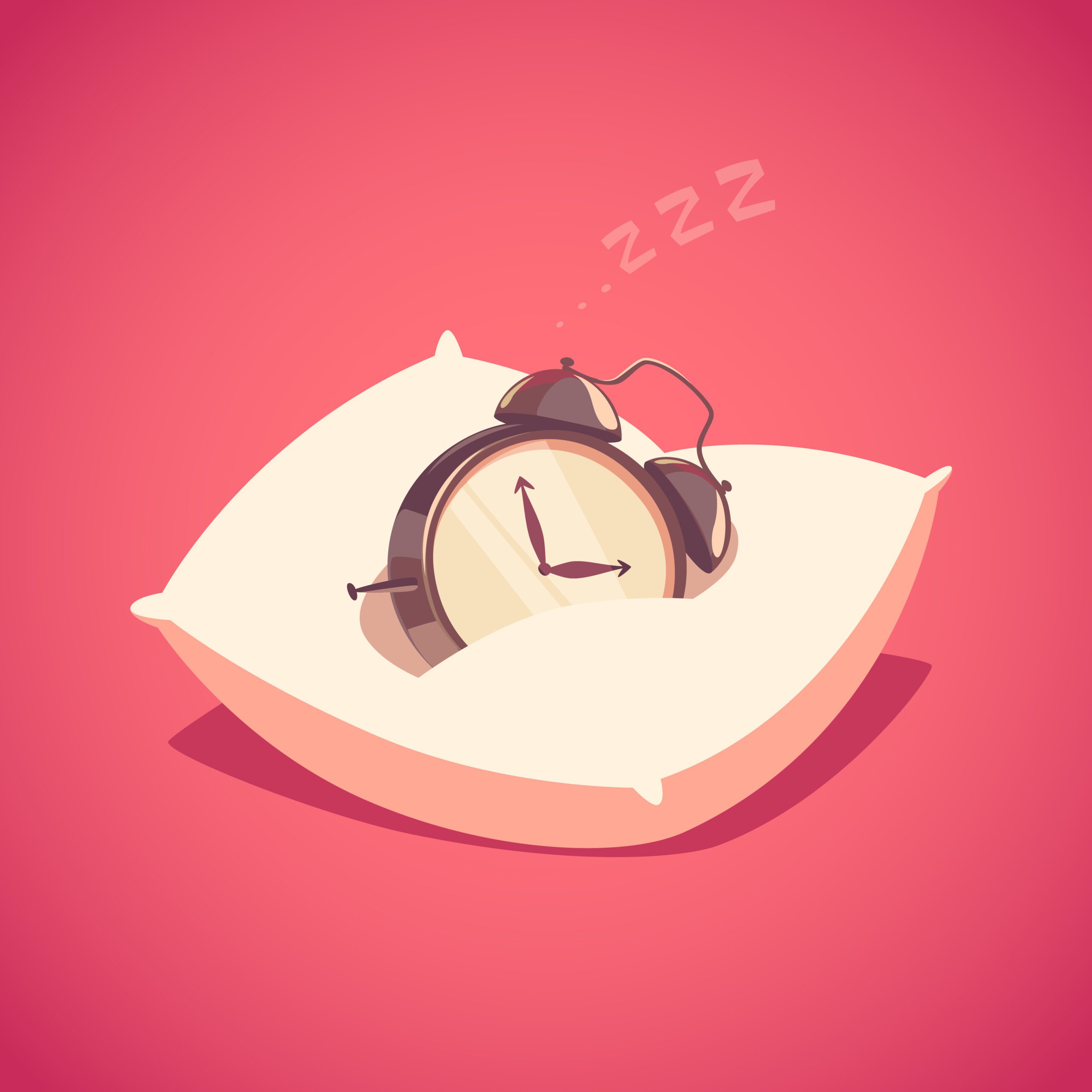
Are Sleeping Pills the answer?
If you suffer from insomnia, or just occasional sleeplessness, taking sleeping pills probably seems like the perfect solution. At first blush, sleeping pills may seem like an easy, quick solution – you pop a pill, rest your head on the pillow, and the next thing you know, you’re waking up in the morning, rested and refreshed.
Sounds wonderful, doesn’t it? No more staring at the ceiling, tossing and turning and getting up for endless glasses of water or zoning zombie-like into the television.
But are sleeping pills actually a good idea?
Sleeping medicine isn’t bad in and of itself. It can be extremely useful for patients recovering from painful surgery. However, too many of us misuse sleeping medicine, not realizing that overuse can lead to serious side effects and long-term sleep problems. And if you take sleeping pills regularly, you’re not actually treating the cause of your insomnia. In fact, you may actually be hurting yourself.
Both over-the-counter and prescription sleeping pills have diverse side-affects. These commonly include headaches, nausea, constipation, aching muscles, dizziness, daytime drowsiness and difficulty concentrating. Sedative-hypnotic sleeping pills can have serious risks, such as facial swelling, hallucinations, memory blanks, and sleepwalking.
The more often you take sleeping pills, the more your body gets used to the drugs, and so you have to take a higher dosage to have any effect. This increases your chance of having a severe reaction to the drugs, as well as making you both physically, and to an extent, mentally dependent on the drug in order to fall asleep through a process called classical conditioning.
If you stop taking sleeping pills after taking them regularly for some time, you will probably suffer withdrawal symptoms like nausea, sweating and shaking, and you may have a few sleepless nights while your body adjusts. This is called “rebound insomnia” and usually calms down after a couple of weeks. However, many people return to the sleeping pills before that time since the rebound insomnia may actually be worse than the insomnia the drug was intended to treat.
Prescription sleeping pills like benzodiazepine sedative hypnotic sleeping pills can lose their effectiveness if used for several nights in a row. These sleeping pills actually reduce the quality of your sleep – you don’t spend as much time in deep sleep and REM sleep.
Alternatives to addictive medications
Herbal sleeping pills, on the other hand, have very few side effects and can help with your long-term sleeping problems. Used with common techniques to alter your sleep environment and night-time routine, herbal sleeping pills can work wonders for disrupted sleep.
The Australian Consumers Association (ACA) conducted an exhaustive study regarding an array of alternative, over the counter remedies containing valerian, herbs, vitamins, minerals, and antihistamines.
By and large, natural remedies have proven to be safe alternatives to medication.
They can have side effects though – there have been rare reports of liver damage with Valerian, and it can give you stomach upset and headaches, says the ACA. And antihistamines may interact with other medications, including some anti-depressants. They shouldn’t be taken with people with asthma, epilepsy or glaucoma, says the ACA.
Here is a list of natural recommendations from the ACA:
One Final Note
Before taking any kind of sleeping medicine – including herbal sleeping medicine – consult your doctor, especially if you take medication for another health issue. Some herbal sleeping medicine can react with other medicines.
Sleeping medicine isn’t a wonder cure for insomnia.
If you overuse sleeping medicine, you could end up with worse sleeping problems than before. Don’t be so quick to take over-the-counter or prescription drugs before you’re tried other alternatives.

A new study suggests that a widely used sugar substitute found in diet sodas, chewing gum, and low-sugar yogurt may elevate insulin levels. This could increase the long-term risk of heart disease. “Artificial sweeteners have infiltrated nearly all types of food, making it crucial to understand their long-term health effects,” said Yihai Cao, senior author […]

Diet Coke has long been a fan-favorite among soda lovers who want a fizzy, guilt-free alternative to traditional soft drinks. While its zero-calorie, zero-sugar label makes it seem like a healthier option, the reality is far more concerning. Despite its undeniable popularity, Diet Coke’s nutritional profile has raised red flags among health experts for years. […]

New study shows that embracing an anti-inflammatory, plant-forward diet can support cognitive function and help reduce the risk of dementia. What You Eat Shapes Your Brain The food you eat doesn’t just impact your body—it also affects your brain. Research suggests that eating an anti-inflammatory, plant-based diet can help improve memory, focus, and overall brain […]